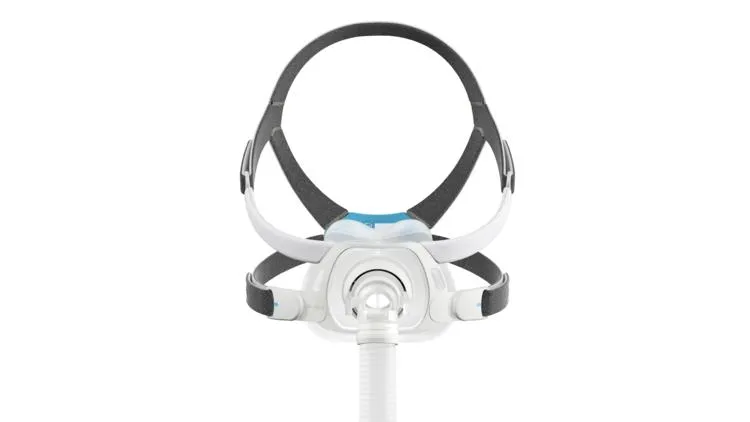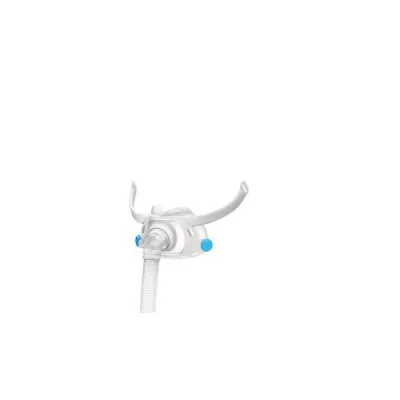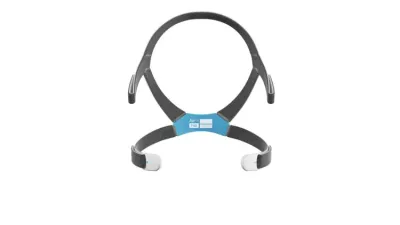




Resmed AirFit™ F40 Mask (A7030+A7035)
$155.00
Size
Quantity
Frequently Asked Question
Have Questions About Our Products?
What is a CPAP machine, and how does it work?
A CPAP (Continuous Positive Airway Pressure) machine is a medical device that provides a steady stream of air to keep your airways open while you sleep. It’s primarily used to treat obstructive sleep apnea, helping you breathe more easily and sleep without interruptions.
How often should I replace my CPAP mask and other accessories?
Regular replacement is essential for optimal therapy and hygiene. Generally, the mask should be replaced every 3–6 months, while cushions, headgear, and tubing should be checked monthly and replaced as needed or every 3 months to prevent wear and tear.
Do I need a prescription to purchase CPAP equipment?
Yes, in most places, a prescription is required to purchase CPAP machines, masks, and other supplies, as CPAP therapy is considered a medical treatment. This ensures proper settings tailored to your needs, based on a sleep study.
How do I clean and maintain my CPAP equipment?
Cleaning your CPAP equipment regularly prevents bacteria and mold buildup. Wash your mask, tubing, and humidifier chamber with warm, soapy water daily and let them air dry. Many CPAP users also use sanitizing devices or wipes for quick cleaning.
What should I do if my CPAP machine or mask isn’t comfortable?
Comfort is key for successful CPAP therapy. Try adjusting the mask straps for a better fit or explore different mask types, such as nasal, full-face, or nasal pillows. Some machines also have a "ramp" feature that gradually increases pressure, making it easier to fall asleep.
Can I travel with my CPAP machine?
Yes, CPAP machines are designed to be portable, and most airlines allow them as carry-on medical equipment without counting them toward baggage limits. Consider using a travel-friendly CPAP model, and check if your machine has a battery backup option for times when a power outlet isn’t available.
Do I need to use a humidifier with my CPAP machine?
Humidifiers are optional but can be beneficial, especially if you experience dryness, irritation, or nosebleeds. Heated humidifiers provide moisture to the airflow, helping prevent dryness in your nose and throat and making therapy more comfortable.